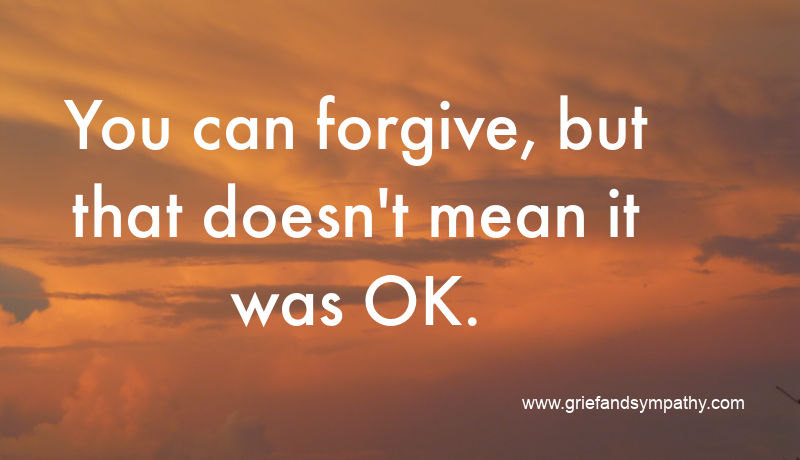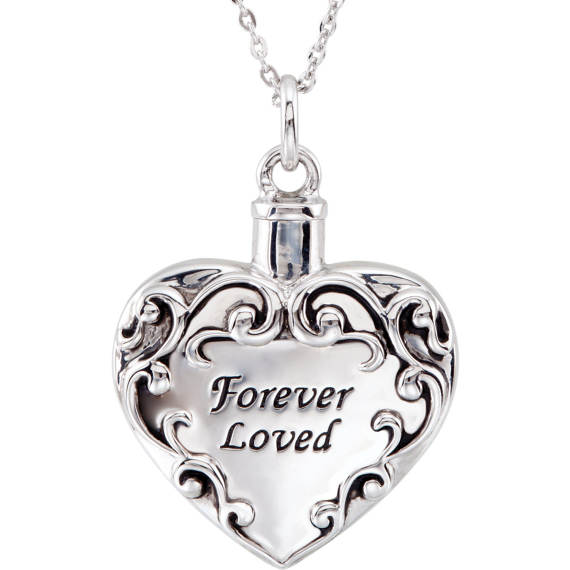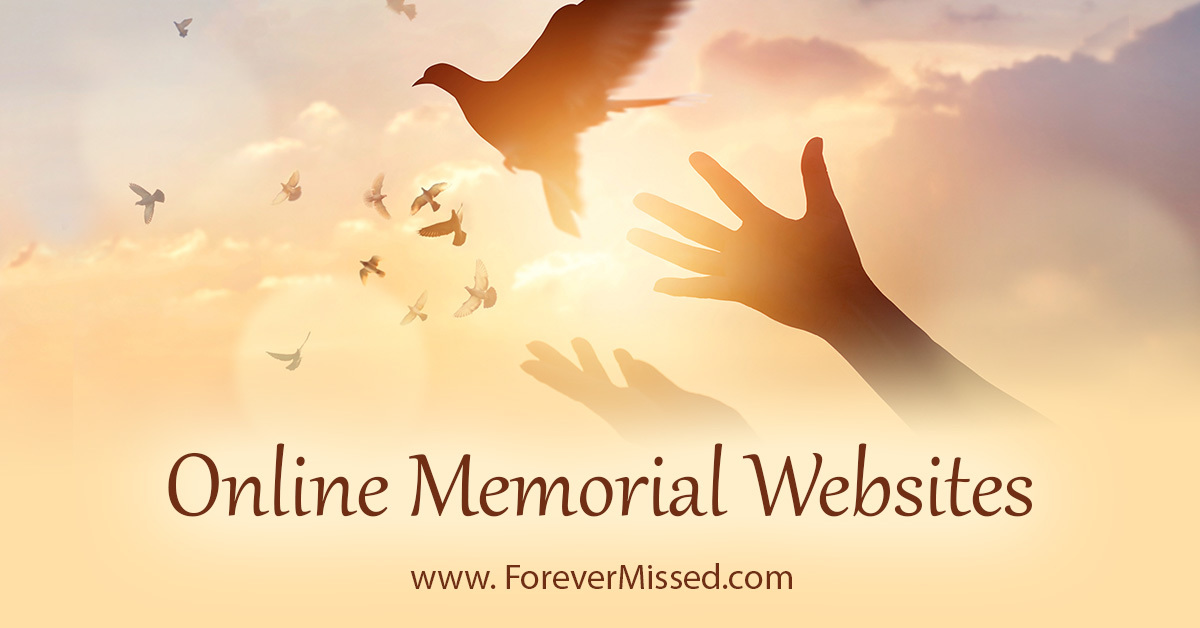Grieving Someone Who Hurt You
By Lesley Postle, Editor of GriefandSympathy.com
Grieving someone who hurt you can be weird. I know, I’ve experienced it. They hurt you after all. So why are you full of mixed up emotions when you lose them? Why are you grieving when you didn’t like them? We’ll explore why in this article, and share a couple of stories to illustrate how grieving people who hurt us is normal.

First of all, there are many situations in life when you might be grieving the loss of a person who didn’t treat you right.
- You might have experienced a divorce or separation and grieve the loss of the relationship. If that person later dies, you may go through all that grief again like I did. (See my story below).
- You might lose a parent who let you down or abused you.
- You might lose someone from whom you were estranged.
- You might lose someone who subjected you to neglect, cruelty, control, absence.
- You might even find out something hurtful after a person dies, maybe through a deathbed confession.
If there is already a lot of pain in a relationship, a death makes it so much more complicated. It might also force you to look at feelings that had long been buried.
Things You Might Be Feeling after the Loss of Someone Who Hurt You
- Relief that they have gone
- So angry that you are glad they have gone
- Sad but wondering why
- Not sad but thinking perhaps you should be
- Sadness that things were not better
- Loss of the possibility of change
- Frustration that it’s now too late to put things right
- Frustration that you never got an apology
- Upset that justice was never done
- Guilt that you put up with it for so long
- Loss of the relationship you never had
Our guest writer, grief counselor Sue McDonald had a mother who was incapable of showing love.
She says:
“It’s an ongoing process of grieving for the mother I needed but didn’t have, whilst coming to terms with the mother I did have. As I work through this, I am seeing how I adapted to her, so I lost myself, and now I’m grieving that loss too, if that makes sense. It becomes complex, and cumulative. I worked through it all in my grief journals for over 20 years. I went from denial to realisation, to finding my emotions and hidden memories, to blame, shame and rage, to acceptance and forgiveness . . . a lifelong process of delving inwards, and I’m not ‘there’ yet. I get triggered, have flashbacks and suffer ‘grief bombs’, but I’m learning to find my way back to myself more easily nowadays.”
You can read more about Sue’s journey to acceptance of her grief here.
My Story of Grieving a Person Who Hurt Me
I spent 11 years of my life with someone who turned out to be very controlling. I lost my self-identity and my confidence as I spent those years trying to be the person he wanted me to be, and I lost who I really was. I spent most of those years in stress and fear, always wondering what I was going to do wrong next.
Eventually, I left. I had some survival instinct in me, which helped me to get away and rebuild my life.
The hardest part was the constant see sawing between the happy memories of the person I fell in love with and the really painful memories of the controlling person he became. It was so hard to reconcile the two as both sides were real. But after I left, I rebuilt my life in another country and gradually found happiness again.
What took me by surprise was the strength of the grief reaction I had when I heard he had died, almost twenty years after I had left. It was a shock how many emotions came flooding back.
I was also completely taken aback by my reaction to seeing a photograph of his grave two years after he died. I had had no contact with him for 10 years by the time he died and I had no part in the funeral. I didn’t know when it had happened. I didn’t know where it was held. I didn’t know where his grave was. I didn’t know who attended. I didn’t know what had happened at the funeral for the person who was such a huge part of my life. It was strange that I had not had any opportunity to say goodbye.
At that time, I learned a lot about his life before I’d even met him and I learned about his funeral. Looking at the photograph of his grave and a description of his funeral reduced me to sobs. It was very emotional to hear about the music that was played at his funeral and the people who were there because I missed them all and I realised that I missed him too and that I had never really grieved for him.
I heard about many people that I had lost from my life when I left. All our old friends. The people in our village. The places I used to go. I had lost a whole community, culture, language and people that I loved.
I realised that I had also lost all the best parts of him. There were reasons I had fallen in love with him in the first place. He was funny and charming. In the beginning he took me to lots of wonderful places. He was cultured and interesting. I learned a lot from him. He introduced me to a different country and way of living.
People are not black and white. They are multi-facetted and complicated and messy. They can be kind and funny. They can also be thoughtless, cruel and selfish. Often it’s not their own fault, and that makes it even more complicated, as you can pity them and understand why they are doing something, while hating what they are doing. They might have been a large part of your life - you might have felt love for them, or wished to be loved by them. These are all reasons why it hurts so much and the grief is so strong.
Leaving a person like that cause an immense amount of guilt. I think when I first left, guilt was the most powerful emotion I felt. I felt that I was being cruel by leaving, even though I knew it was the only way to save myself, my self-identity and my self-worth. Later I felt guilty for allowing myself to be treated as I was for so many years.
How to Find Peace with the Conflicting Emotions
I think the way to come to a place of peace about it all, is to be able to let in all the conflicting feelings and to accept that we can feel them all at once.
I’m full of gratitude for the good times and the fun and being introduced to a new country in a new language and the wonderful people I met through him.
I’m also still processing grief, pain, bitterness and anger for the way he treated me. I’m still infuriated by the way he tried to mould me into the person he wanted me to become rather than loving or accepting the person I actually was.
I wish I’d known sooner that others understood. I felt guilty because I thought his friends would think I was horrible for having left him. I didn’t keep in touch with any of them. I suffered a great deal of isolation thinking that no-one else knew what he was really like. There was no validation of my feelings or actions.
Only after he died did one friend contact me again after twenty years and tell me that I had done the right thing leaving and they understood I had had to do it to safe myself. I just wish I’d known that 20 years earlier. It would have been a great comfort.
Grieving someone who has hurt you is a form of ‘disenfranchised grief’. What this means is that often people don’t understand that you are grieving and you get no support. We have more examples of disenfranchised grief here.
There’s also that thing about ‘don’t speak ill of the dead’. We are silenced by that tradition too. Journaling is a great help for situations like these. We can get a lot of our feelings out and expressed by writing them down. You can also choose one or two good friends or a family member who understands. Alternatively, it can be useful to talk to a counselor to put to rest any ‘unfinished business’.
Forgiveness – Forgive Them and Forgive Yourself
“You can forgive but that doesn’t mean it was OK”.
I had to find a lot of forgiveness. I found out that forgiveness is something that you do for yourself. It is a choice. It doesn’t mean that the behaviour you are forgiving was OK.
Blaming yourself is something that I think most of us are pretty good at. “Why didn’t I see the early signs?”, “Why didn’t I stand up for myself more?”, “Why didn’t I leave sooner?”. In the end, we have to take responsibility for our own decisions and accept that we did the best we could at the time, with the knowledge and experience we had then. We have to forgive ourselves too.
Being grief-bombed, as I put it, twenty years after I left, was a big shock. My reaction to hearing about his funeral and a lot of my old friends was far more powerful than I could have predicted. I got back on that sea-saw of trying to work out how I should be feeling about him. Should I still feel hard done by, or concentrate on the positives?
I felt an enormous gratitude for the experiences I had had because of him and the people I met. But also enormous nostalgia for the memories and grief for all the people and places I had missed over the years.
In the end, the only way is to accept that there will be mixed emotions, to try to balance them out, feel them all, and then move on.
One way I find helps is to look at it like this. If I hadn’t left, I would not have enjoyed the next chapter of my life, in yet another country, with new experiences and new people. I would not have missed that for the world.
Where to get help:
Have You Considered One-on-One Online Grief Counseling?
Get Expert and Effective Help in the Comfort of Your Own Home
The following information about online counseling is sponsored by 'Betterhelp' but all the opinions are our own. To be upfront, we do receive a commission when you sign up with 'Betterhelp', but we have total faith in their expertise and would never recommend something we didn't completely approve.
Do you feel alone and sad with no support and no idea how to move forward? It can be tough when you are stuck in grief to find the motivation to get the most out of your precious life.
Online counseling can help by giving you that support so you don't feel so alone. You can have someone to talk to anytime you like, a kind and understanding person who will help you to find meaning in life again, to treasure the memories of your loved one without being overwhelmed and to enjoy your activities, family and friends again.
- Simply fill out the online questionnaire and you will be assigned the expert grief counselor most suitable for you. It only takes a few minutes and you don't even have to use your name.
- Pay an affordable FLAT FEE FOR UNLIMITED SESSIONS.
- Contact your counselor whenever you like by chat, messaging, video or phone.
- You can change counselor at any time if you wish.
- Click here to find out more and get started immediately.
- Or read more about how online counseling works here.
Sales from our pages result in a small commission to us which helps us to continue our work supporting the grieving.
Hypnosis for Grief - 10 Ways It Can Help You
Try a gentle hypnotherapy track to relax the mind. Learn how self-hypnosis can help you cope with grief at any time of the day or night.

For Remembrance:
Sales from our pages result in a small commission to us which helps us to continue our work supporting the grieving.
Memorial Jewelry to Honour a Loved One
Check out our lovely range of memorial jewelry for any lost loved one. Pendants, necklaces, rings or bracelets, we have them all in all kinds of styles. Choose for yourself or buy as a sympathy gift.
Create an Online Memorial Website
Honour your loved one with their own memorial website. Share photos, videos, memories and more with your family and friends in a permanent online website. Free for basic plan with no ads.
- Grief and Sympathy Home
- Disenfranchised Grief
- Grieving Someone Who Hurt You








